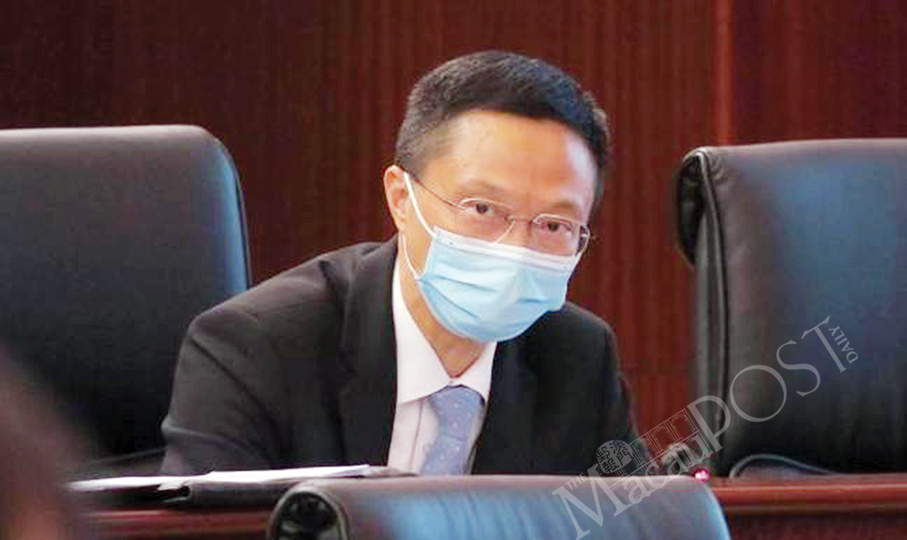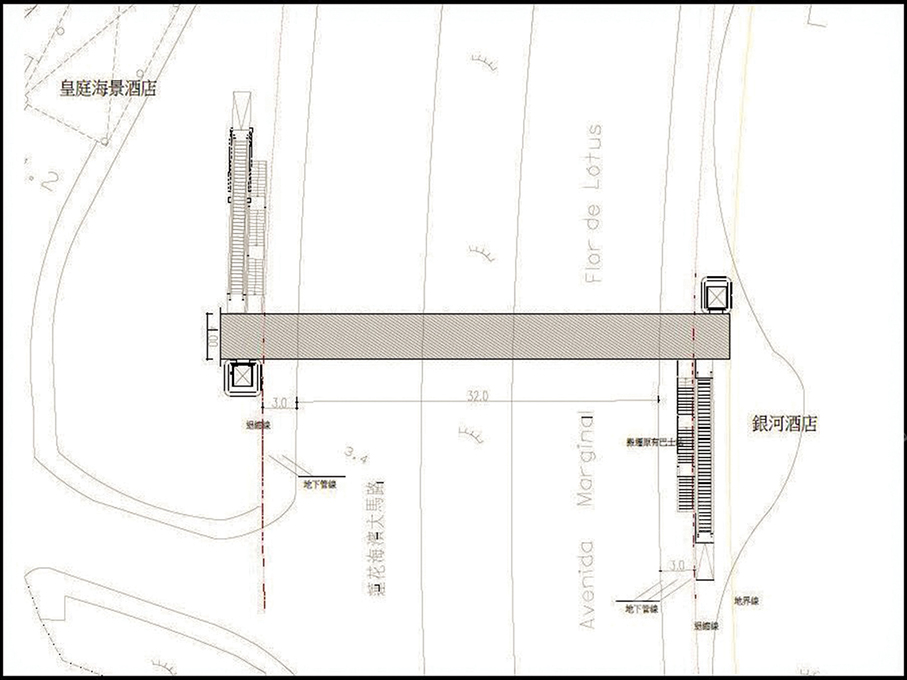The reason why electric cars are not popular in Macau is largely due to the difficulty of installing charging facilities in private carparks, Transport Bureau (DSAT) Director Kelvin Lam Hin San said during a Legislative Assembly Q&A plenary session yesterday.
Secretary for Transport and Public Works Raimundo do Rosário said that the carparks of public housing estates in the Zone A land reclamation area are all equipped with electric vehicle charging facilities, but all are slow charging, mainly because fast charging is very power-consuming.
Rosário pointed out that some private residential buildings want to install electric vehicle charging equipment, but this involves an increase in the building‘s electricity consumption and higher electrical load of the surrounding area, and if the respective building’s owners intend to apply for a more powerful electricity meter, the building’s residents will have to bear rising electricity costs, and not all residents may be happy to do so, because setting up charging piles in buildings with insufficient electricity will also require the laying of more underground cables, which will cause more inconvenience such as digging up the road.
Rosário added that the Transport Bureau will prioritise the installation of charging facilities based on the power situation of each residential building, so there may be some areas in the building’s carpark that will not have charging piles.
At present, Rosário said, there are 403 charging facilities for light vehicles in Macau, but only 200 people use them on weekdays. Rosário said this was believed to meet residents’ daily parking needs right now.
Environmental Protection Bureau (DSPA) Director Raymond Tam Vai Man said that that the goal of increasing the number of light-vehicle charging spaces to 2,000 without excavating roads was being achieved, adding that his bureau was working on a plan to promote electric vehicles and also has set up guidelines for the installation of electric vehicle charging facilities in private carparks.
According to Lam, as of the second quarter of this year, a total of 315 electric vehicles had been approved for entry into Macau, including 210 light-duty vehicles, 46 heavy-duty vehicles and 59 electric motorcycles.
Lam added that his bureau will closely follow the technical and safety guidelines for electric vehicles, as well as their rapid development.

Transport Bureau (DSAT) Director Kelvin Lam Hin San speaks during yesterday afternoon’s plenary Q&A session in the legislature’s hemicycle. – Photo courtesy of TDM





